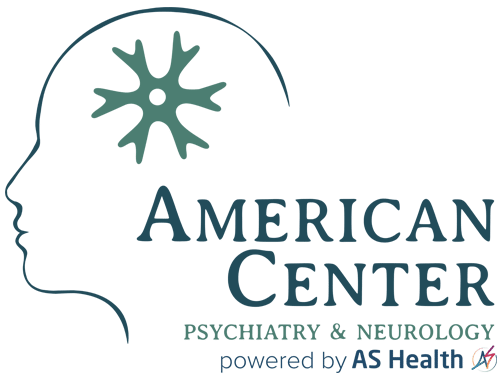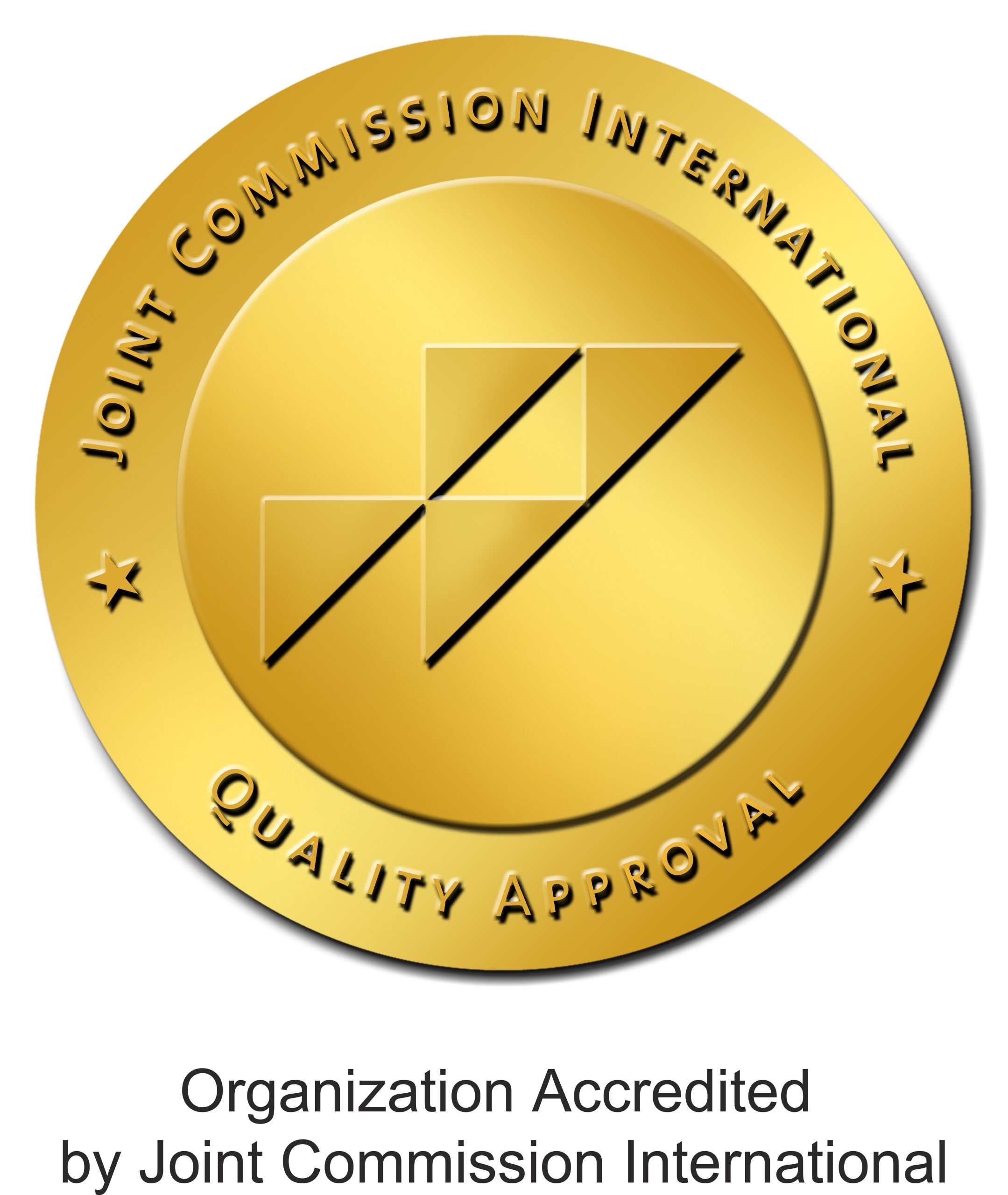According to the American College of Obstetrics and Gynecology, pregnant women should not drink any alcohol. Women who are thinking of becoming pregnant need to be aware of the very serious negative effects of alcohol on their developing baby (fetus).Prenatal alcohol exposure is the most common cause of birth defects in the United States.Exposure to alcohol during pregnancy damages the brain and behavior of children—these effects are 100 percent preventable.
Thousands of children are born with the effects of prenatal alcohol exposure. While many people drink, alcohol is poisonous for the baby growing inside you. Drinking even one alcoholic beverage per day during pregnancy puts the developing baby at risk of serious birth defects. Small amounts of alcohol can cause permanent harm to the child. Alcohol during pregnancy can cause many serious problems in children and adolescents:
- Infants may have slow growth and delays in their development, unusual facial features, irritability, brain and neurological disorders, mental retardation and problems with attachment to parents.
- Toddlers and school age children may have learning problems, poor frustration tolerance, poor social boundaries and reading difficulties.
- Adolescents may have continued learning problems, depression, anxiety and sexually inappropriate behavior.
Fetal Alcohol Effects (FAE) describes the negative and bad effects caused by drinking alcohol while you are pregnant. Fetal Alcohol Syndrome (FAS) is a more specific set of symptoms caused by drinking alcohol while you are pregnant. A child is diagnosed with Fetal Alcohol Syndrome (FAS) when there is prenatal alcohol exposure and:
- Facial deformities.
- Slow or delayed growth.
- Brain and neurological problems.
Children who are suspected of having FAE should be carefully evaluated by a pediatrician, child and adolescent psychiatrist or other experienced clinician. Fetal alcohol exposure is frequently missed as the cause of a child’s behavior problems. The effects of alcohol on the developing brain during pregnancy cannot be reversed. However, early intervention can reduce the severity of the disability and improve the child’s chance for success. Early intervention for FAE or FAS includes occupational therapy, special education and speech therapy evaluations.
If you are pregnant and find yourself unable to stop drinking, talk with your obstetrician to help you stop. It is important to get treatment to stop drinking as soon as possible. Inpatient, outpatient and residential treatment programs are available. Local self-helpprograms (For example, Alcoholics Anonymous “12-Step Program”) can provide supportin quitting.


